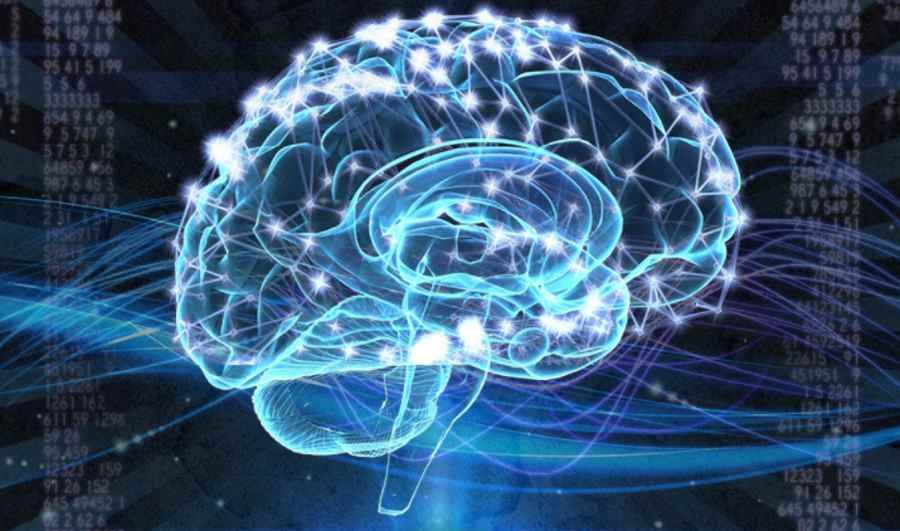
Next-generation brain implant can significantly improve memory
Next-generation brain implant could significantly improve memory
Scientists have developed a new type of brain implant that, when tested, significantly increased the memory of test subjects. It may in the future help improve the quality of life of people suffering from neurodegenerative diseases such as Alzheimer’s disease.
Neurological implants that re enhance memory function are not new, but a novel approach to the problem has led to the development of a device that re „listens” m zgu before its response. In initial tests, the device produced very promising results. Increased recognition of words by 15 percent – about as much as Alzheimer’s disease steals by two and p ł.
To test your implant with a combination of ł scientists from the University of Pennsylvania and Thomas Jefferson University recruited 25 patient in the midst of advanced research for epilepsy. This is due to the fact that these tests require introduction into the m zgu small probes, which re They can also perform the task of checking the performance of the implant. Otherwise, the procedure would be too risky for a simple clinical trial.
By fine-tuning the electrical activity of the probes, the researchers wanted to activate key elements of the memory network m zgu only if they struggle with storing memories.
The basic concept of accelerating memory recall and recollection through neural stimulation is not new. The researchers gradually moved from using non-invasive stimulation techniques such as Transcranial magnetic stimulation (TMS) to deep stimulation of m zgu to find the right pathways and encourage m zg to store memories and reconnect with them.
Precisely targeting stimulation to areas such as the hippocampus (the center responsible for memory or learning ability) and temporal lobes (also responsible for remembering, but Also for verbal memory or object recognition ) had some success, but the results were never sp nne.
The problem may have been the method. Stimulation was not modified in response to m activity zgu. The new implant works differently. Modifies electrical stimulation based on feedback decoded from neuronal activity in the temporal lobe.
Scientists have studied the individual m activity pattern From the brain of each subject at rest and while memorizing a list of words. Remembering words took place in dw ch stages – During the operation of the implant and without it. After time, the researchers demanded that the subjects recall words in which re were to remember.
During control sessions, they stimulated the temporal lobe whenever feedback from the system m She found that the test subject had a low probability of successfully recalling a word based on how they remembered it. On average, the subjects remembered about 15 percent of the sł more when the implant was on.
– One thing is to develop a system that ry will allow wr ct to data stored in m zgu. Another is to make this system work autonomously. Once we have such technology, we can test its use – said Professor Michael Kahana of the University of Pennsylvania, one of the authors of the In research published in „Nature Communications”.
In some respects, the new way b of stimulating m zgu works like a pacemaker. Sensors "listen to" of what is going on, before taking action and stimulate m zg only when necessary.
For os b those suffering from dementia the m zgu can significantly improve quality of life and give them several years of better functioning.
The implant benefits from decades of research on signal decoding m zgowych. Scientists working on it recently got 70 million in dollar in support from the U.S. Department of Defense to develop treatments for traumatic injury to m zgu – a common affliction of soldiers fighting in Iraq and Afghanistan.
This is still an experimental technology. Researchers are currently in the process of discussing its commercialization, although it is not really clear what applications it could have, as it has only been tested so far in os b with epilepsy. The potential purpose of the new device is broad, but more research is needed for that.
Professor Edward Chang, a neurosurgeon at the University of California San Francisco, admitted in an interview with reporters “New York Times”, That these types of implants may have applications beyond treating sicknesses b neurodegenerative diseases such as Alzheimer’s or Parkinson’s disease, but can also treat depression and anxiety.

